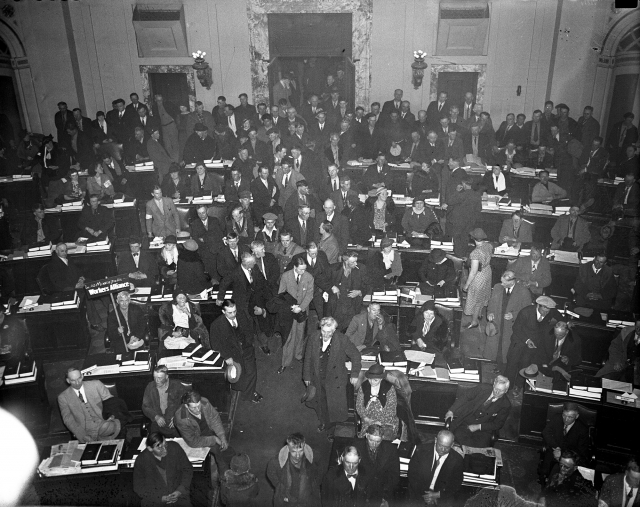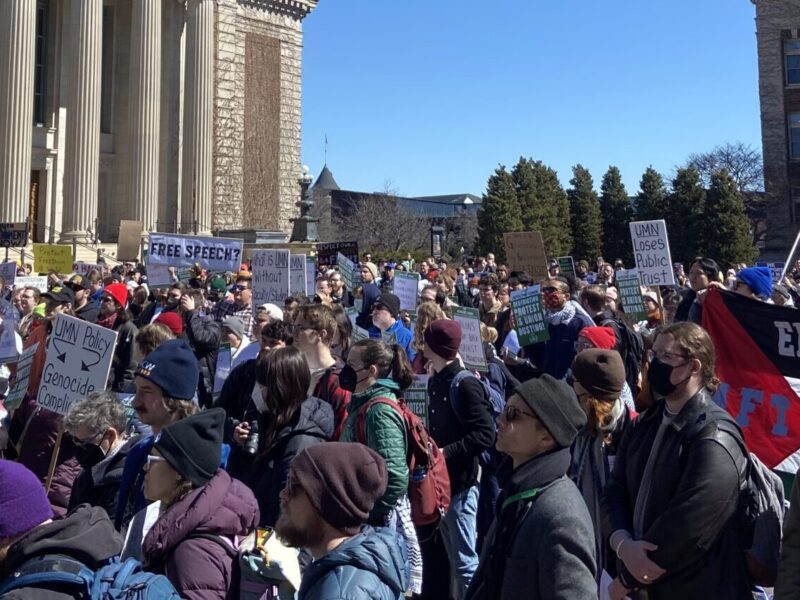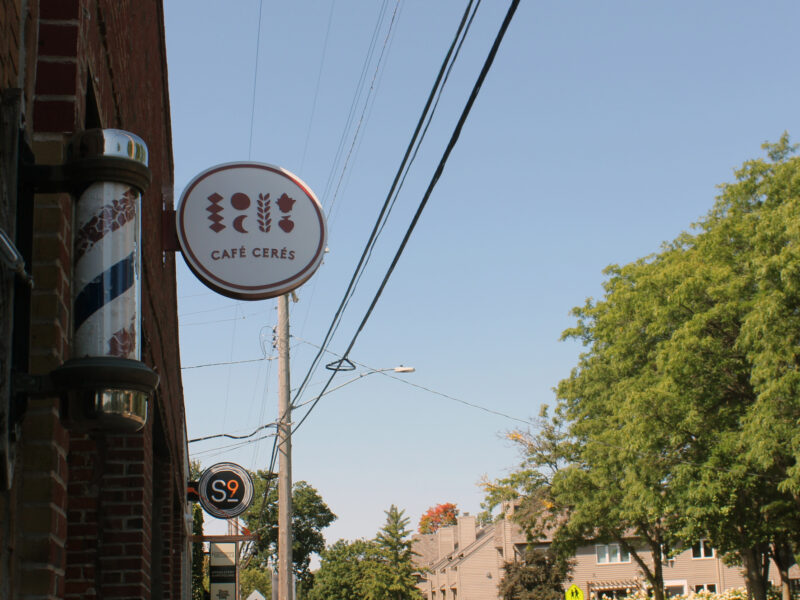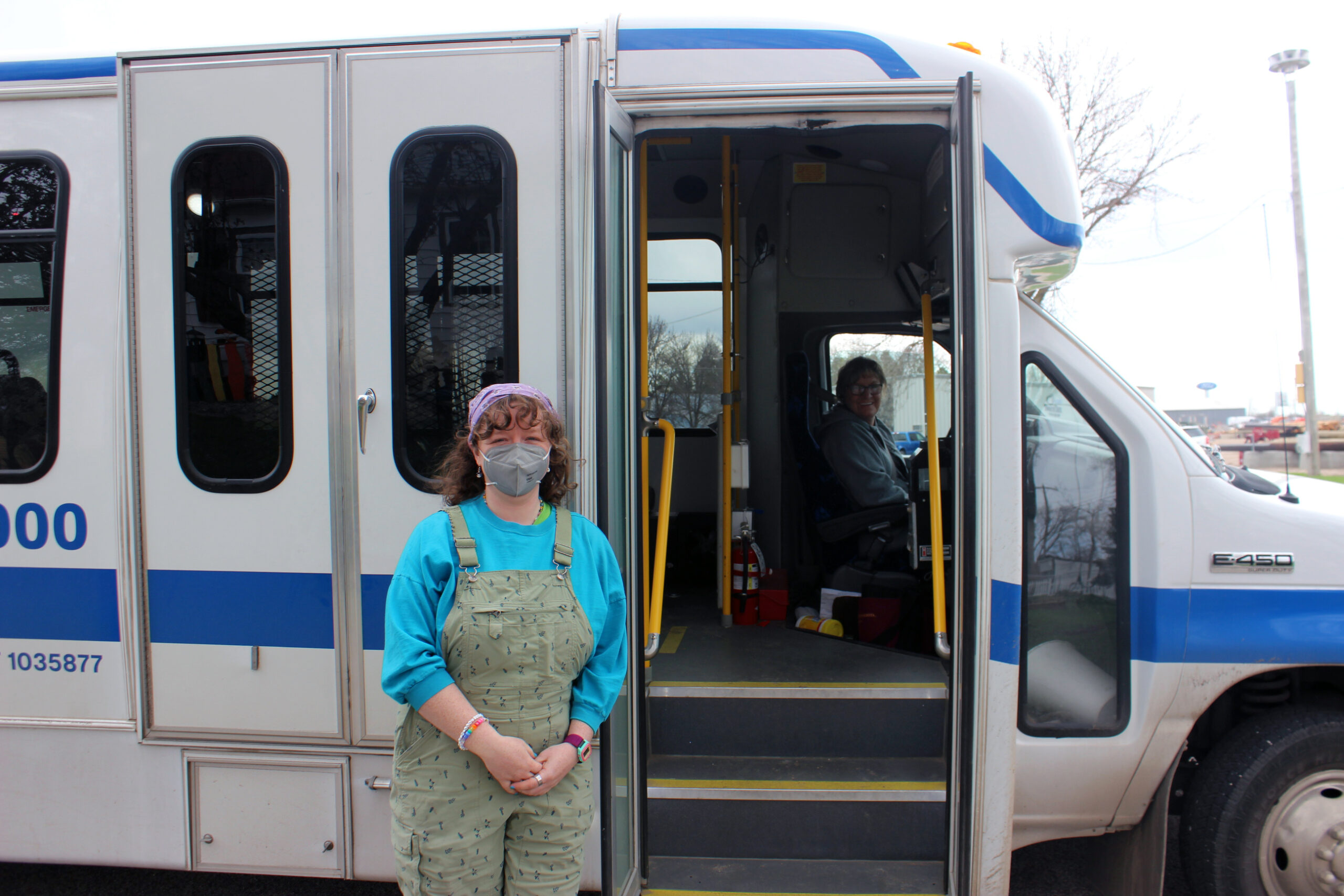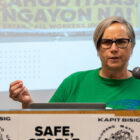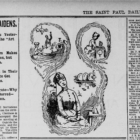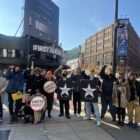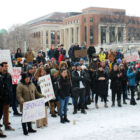Historical examples of workers resisting the oligarchical forces of fascism and authoritarianism.
Minnesota
“There Has Never Been a Better Time to Organize”: How PELRA Reform has Opened the Door to New Organizing for Over 23,000 Workers at UMN
|
A group of labor advocates, faculty, and other university staff organized to pass a reform to the 1971 law that predefined bargaining units for public employees.
Community
“We Do the Behind-the-Scenes Work”: What it Takes to Lead a Union of Clerical Workers
|
A conversation with the former president of the clerical workers union at the University of Minnesota.
Essay
Minnesota Women Labor Journalists Uplifted Working People for Decades
|
Was objectivity really a historical norm? Not for these pioneering labor journalists and advocates.
Minnesota
First Avenue Workers’ Victory: Another Win for Union and Worker Center Collaborations
|
In the late summer of 2021, a group of workers from First Avenue, the iconic Minneapolis music venue, were fed up with low pay, last-minute scheduling, lack of parking, and safety concerns, and wanted to implement some of their own ideas in their workplace. Unsure of how to get it done, the workers decided to first contact Restaurant Opportunities Center of Minnesota (ROC-MN) to learn more about their workplace rights.
Fast forward to November 2: Over 200 bartenders, event staff, and other in-house workers across seven venues affiliated with First Avenue marched on the boss and delivered a petition that included the faces and names of over 70% of staff who want to unionize with UNITE HERE Local 17. About 24 hours later, First Avenue management voluntarily recognized the union.
Workers say the unionization effort was successful, in part, due to the collaboration between the worker center and the union. Even before formal recognition, workers were confident. Pauli DeMaris, a First Avenue bartender and event staff for the past 18 years, said in an interview with Workday Magazine a few hours before recognition, “We have over 70% majority already on board.
Minnesota
“What Could We Win Together?” Labor in Minnesota Gears up for a Major Escalation
|
With a string of contracts expiring in the new year, Minnesota unions and community groups are gathering to unite around a strategy for a cleaner environment and better jobs, housing and schools.
“We Can’t Eat Prestige”: Inside the Unionization of the Science Museum of Minnesota
|
The NLRB recently reinstated six workers at the Science Museum of Minnesota. Workers say the museum is still breaking labor law and failing to bargain in good faith.
Minnesota
Why Do We Let Our Bosses Control Our Health Care?
|
A Q&A with Rose Roach, the new national coordinator for the Labor Campaign for Single Payer, which wants to take health care off the bargaining table by establishing a single-payer health care system in the U.S.
Minnesota
UMN Grad Workers Express Hope and Urgency as They Gear Up for Union Election
|
Over 65% of University of Minnesota Graduate Workers have signed their union cards, an optimistic start after many attempts over the past several decades.
Organizing
What Captive Audience Meetings Are—And Why Minnesota’s Labor Movement Wants to Ban Them
|
Why workers say captive audience meetings are coercive and unfair.
Amazon
High Injury Rates Push Minnesota’s Amazon Workers to Organize for Safety
|
Workers are concerned about soaring rates of injury, high productivity quotas, incoherent policies, and a sudden warehouse closure.


